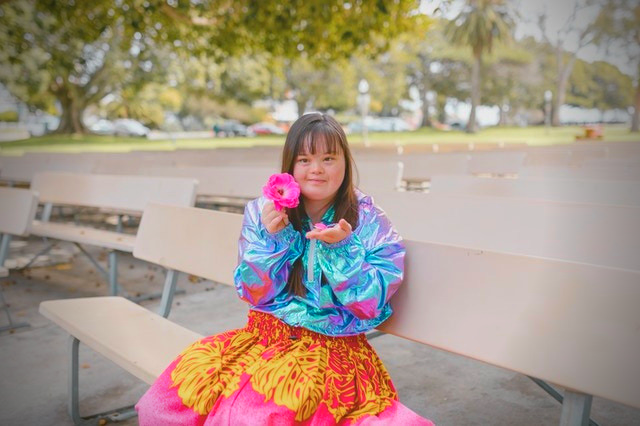Privacy is a human right. It is mandated by federal guidelines where the final rule states that home and community-based services (HCBS) must ensure individual rights of privacy, dignity, and respect. Free from coercion and restraint.
Remote Supports is an HCBS service, fundamentally aligned with these rules.
How can Remote Supports adhere to such guidelines being that it is remote? It’s remote! That’s exactly it. Remote Support services provide the privacy, dignity, respect, and freedom required to fulfill the intent of HBCS services.
Let’s look at each of these human rights and how Remote Supports fits:
PRIVACY
Remote Supports inherently provides an environment of supported privacy. Each person receiving Remote Support services gets to decide how and when they want support services. This includes when they want in-person support and remote support. This is done through the consultation process, which listens to the needs, goals, and desires of the individual.
Remote Supports uses sensors that can track movements in the home. What does this mean? The software tracks movements, there is not a remote staff person continuously looking at the movements, so privacy is respected. During the consultation process, the person and team discuss and decide how to set up the software, so the system responds best to the person’s needs and wants with alerts and check-ins
An example might be the Remote Support staff receives a message from the system. They contact the person supported through a two-way communication device and start a conversation like this: “Hi, how are you today? I see you are in the kitchen, are you making your snack for the evening?”
The use of cameras is not the norm unless requested. During the consultation, the person may have said, “if I get out of my chair in the living room and there is no movement, can the software turn the camera on, so you can see if I am ok?”
People receiving remote supports have a sense of calm with a feeling of self-determination knowing they have control over their environment, and support when they want and need it.
DIGNITY and RESPECT
Dignity: the state or quality of being worthy of honor or respect. A human right. Dignity and respect can mean different things to different people. That is a reason why it is so important how the person supported feels about their service. Their experience of the service is paramount. With Remote Supports, the person has more opportunity for control in the supportive relationship with the remote support staff than with most relationships. If the service is not working for them, they can simply not use the device.
The relationship between the person supported and the Remote Support staff must be valuable to the person. It must be respectful, supportive, and encouraging. If not, just like any relationship where we have a choice, we can choose not to engage.
To help develop a trusting relationship, the Remote Support staff are consistent, available 24/7 at a touch of a button, always patient, and respectful. Since they are remote, there are no late or missed visits or shift changes.
FREEDOM FROM COERCION and RESTRAINT
Most people would agree they value their privacy – why is privacy so important? According to research, privacy is linked to control, “The need and ability to exert control over self, objects, spaces, information, and behavior is a critical element of any concept of privacy.” (Anderson, 2014).
Under the umbrella of privacy are control and self-determination. People with disabilities may not have opportunities to control their environment and self-determine.
How? Glad you asked! When someone else is in your space, directing on how to be safe, manage your things, manage relationships, use technology, what to wear, the best things to eat, what to watch on TV, when to go to bed, when to take medication, and more it may be more difficult for people with disabilities to experience freedom and be at risk of various forms of restraint. It is in danger of becoming a restrictive environment.
Restraint?! Coercion?! Here are some forms it can take: 1. Not going to the church of your choosing. 2. Not being able to invite your friends over. 3. Not being able to watch tv shows you like at the volume you like. 4. Not being able to select the clothes you want to wear. The list goes on.
SafeinHome Remote Supports provides services in alignment with the human rights of privacy, dignity, and respect. We create the space for people with disabilities to experience freedom, independence, choice, privacy, and safety.
